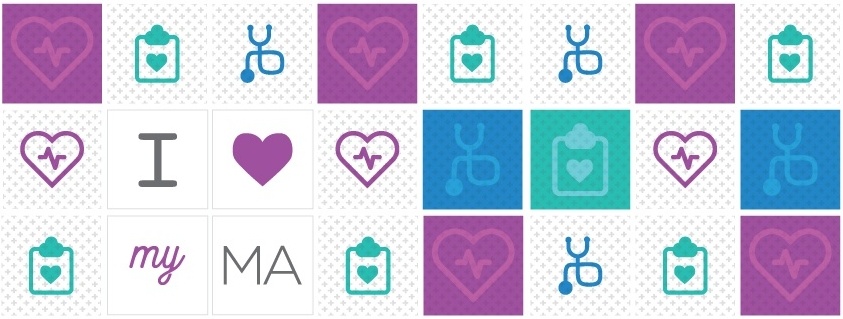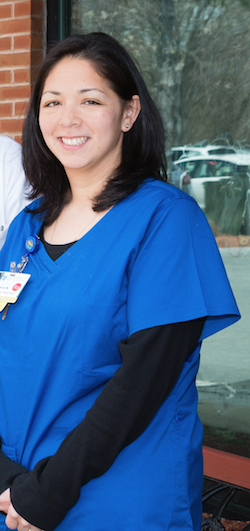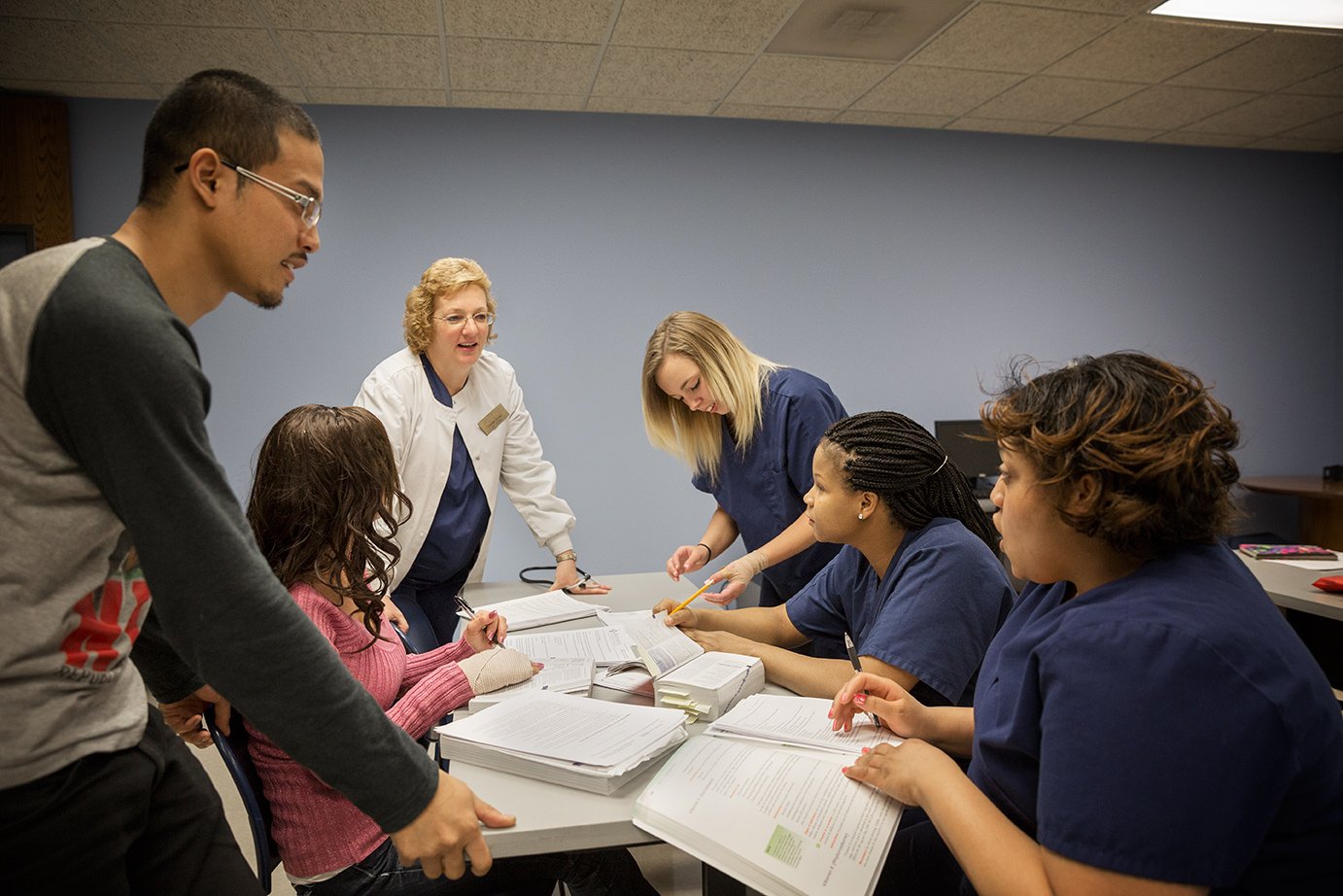What do you know about medical assisting? Here at NHA, we've watched this allied health career evolve into a profession that's respected and rewarding in so many ways. In celebration of Medical Assistants Recognition Week, here are five things you might not know about medical assisting.
Done in collaboration with North Shore Physican Group
Laura Nichols, a Certified Clinical Medical Assistant (CCMA) at North Shore Physician Group (NSPG) has experienced first-hand the evolution of the medical assistant. Her role has changed for the better, and she has taken full advantage of professional development and career opportunities offered to her by NSPG.
The healthcare industry is undergoing major shifts, and it’s affecting patients and healthcare workers alike.
“We knew our care team was feeling overwhelmed with the amount of work that needed to be accomplished on a daily basis,” says Lindsay Gainer, Director of Clinical Services and Innovation at North Shore Physician Group. “Additionally, patients were also impacted by long wait times and decreased level of service. We wanted to deliver care in a new and more efficient way, and we knew we needed to make big changes to accomplish that goal.”
Being a healthcare professional means more than a paycheck. It’s a rewarding career that comes with intangible benefits (and tangible ones too). Here are six reasons medical assistants love their jobs.
Certified Clinical Medical Assistants (CCMAs) are a vital part of clinical patient care. They are in high demand — according to research conducted by Gray Associates, job postings for medical assistants grew 15 percent in 2014. Because they are such an integral part of the patient care team, there are certain qualities employers seek to ensure the best experience for their patients and the rest of their employee team.





